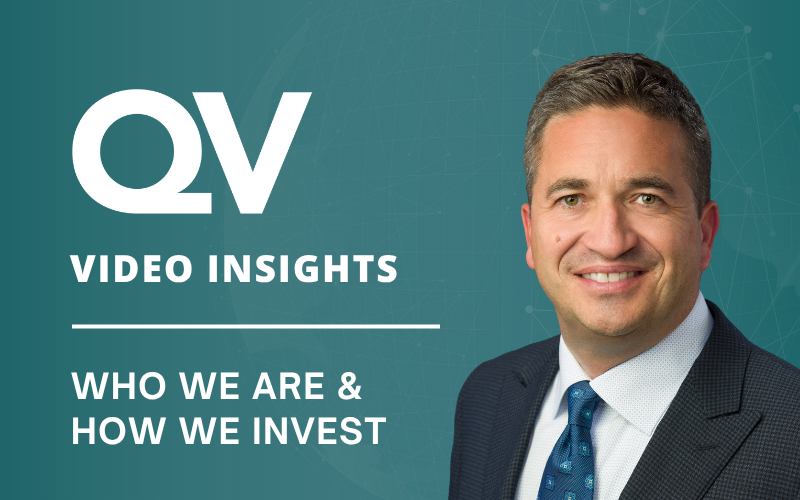I’m a fan of health and wellness podcasts, but I’ve found it’s much easier to listen to advice than to take it. It’s quite a juxtaposition that I lay in bed watching Andrew Huberman warn me of the risks of blue light. I also know that hyper-palatable, ultra-processed, junk food should be avoided at all costs. But Doritos taste so good. I could go on.
Here are three habits that could be bad for your financial health if overdone.
1) Checking Your Account Too Frequently: Causes Anxiety
An investment in the S&P 500 fifty years ago would have grown more than two hundred-fold today. There is a catch, however; to get this result you would have had to stay invested through the many ups and downs along the way.
Legendary investor Peter Lynch said, “Far more money has been lost by investors in preparing for corrections, or anticipating corrections, than has been lost in the corrections themselves.”
A daily habit of checking the market could tempt you to do the wrong thing, as Lynch warns. Like selling into a long bull market that continues to climb for years. Or you might be tempted to sell into a bear market only to miss the eventual recovery and next bull market.
Fidelity Investments allegedly conducted a study of client returns and discovered that the best performance was earned by clients who either forgot about their accounts or who had died. I have found no evidence that such a study exists, but the findings make sense to me.
The most successful client I have doesn’t check his account, ever. His 100% equity allocation makes sense given his stage of life and his absolute psychological immunity to the madness of markets. This suggests an interesting philosophical question: does volatility exist if it goes unobserved?
Once you’ve implemented an appropriate long-term plan, the best way to help your money grow is to leave it alone and let the magic of compounding do its work. Your participation over the short term is not required.
2) Consuming Financial Media: Causes Recency Bias and Overconfidence
The internet has shortened our attention spans and changed our preferences for content. Instead of reading and re-reading the most important books ever written, most people default to consuming content created in the past 24 hours. YouTube Shorts and Facebook Reels are in. Dostoevsky and Hemmingway are out.
Financial media programs aren’t as bad as Reels or Shorts, but they aren’t good for your financial well-being if watching them encourages you to trade your account.
The guest speakers on BNN and CNBC are professionals who have spent many hours researching the ideas they discuss. But if the facts change, they might dump their position a month later. They won’t call you with this new information.
A better use of time would be to read the investing classics, such as “One Up on Wall Street” by Lynch. You will learn some fundamentals of investing without the hot stock tips.
3) Take on More Leverage Than You Can Handle: Causes Fragility
You are double leveraged if you borrow money to invest in the stock market. The upside could be incredible if it works out but leverage also makes you more vulnerable to market shocks and unforeseen personal challenges.
Eventually we will all face a major calamity during our lives, and likely more than one. Job loss, death of a family member, divorce, or changes in health are life-changing events even the most fortunate among us will eventually encounter.
The problem is that people make decisions about leverage when they feel good. Whatever degree of leverage you think you can handle during the prime of your life is probably way more than you can handle when life serves up a category-five hurricane. Morgan Housel elaborates on how he thinks about debt in this blog post.
This doesn’t mean you should be ultra-conservative, either. Optimism is the only profitable attitude in the long term. Just make sure that you understand that you might be a different person in different circumstances when leverage is working against you.
Cultivating Healthy Habits
When it comes to investments, we recommend setting a long-term plan with your investment counsellor and revisiting it once per year. In between check-ins, you can read our quarterly reports and regularly published Insights if you are interested in learning about our investing views and activity in the funds. Although market values are posted daily to your internet portal, they should be consumed sparingly, when the need arises.
By cultivating these healthy habits, you can reduce the temptation of short-termism at the expense of your long-term well-being.




